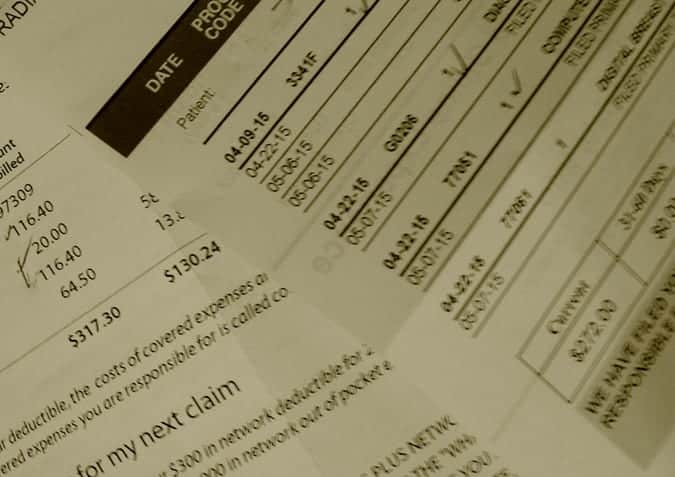
We previously wrote about federal laws that allow health insurance companies to use subrogation to force injury victims to reimburse them from money they receive from whoever injured them. The most well-known federal subrogation laws are the Federal Employees Health Benefits Act (FEHBA) and the Employee Retirement Income Security Act (ERISA). These laws are potent weapons for health insurance companies who want to freeride on injured policy holders who take the effort to obtain financial recoveries from the people who injured them. The good news for Virginians is that FEHBA and ERISA subrogation do not apply to all health plans. Health plans issued under Virginia state law are not allowed to subrogate, but the story does not end there. There are other ways that third parties can assert rights to share in payments received in personal injury cases.
One situation where Virginia law will require an injury victim to share the money received from an at-fault party is when a workplace injury is covered by workers’ compensation and also involves a third-party personal injury claim. Third-party claims in workers’ compensation cases raise complicated issues that we might cover in future blogs. This blog focuses on claims frequently asserted against personal injury recoveries outside of the workers’ compensation system. These claims include: assignments; statutory health care provider liens; and reimbursements of payments made under short- and long-term disability policies.
An assignment is a private contract in which a healthcare provider agrees to wait for payment and the patient agrees that the bill will be paid directly from the patient’s personal injury recovery. Assignments of this sort often include an agreement from the patient’s attorney to pay the money received from the at-fault party to the health care provider before paying the patient. One criticism of assignments is that they usually reflect charges at the so-called retail rate, resulting in considerably higher charges than the usual, customary, and reasonable (UCR) amounts paid by health insurance companies, a windfall to the doctor at the expense of the patient. As imperfect as they are, assignments can be a solution for patients who need treatment but do not have adequate health insurance or funds to pay for it.
Virginia law also provides a mechanism for health care providers to assert liens against funds obtained as a result of an injury claim. As originally conceived, these statutory liens assured modest payments to health care providers who were owed outstanding balances at the time of settlement or verdict, usually because the patient did not have health insurance. The statute provides liens in the amount of $750 for physicians, nurses, physical therapists and pharmacies, $2500 for hospitals and nursing homes, and $200 for ambulance service providers. Many of these liens now arise in cases where the patient has health insurance but has not paid the patient responsibility component of medical charges. The amounts of these liens are not shocking, but they nonetheless can significantly reduce injured parties’ proceeds in modest cases.
Lastly, even though Virginia is anti-subrogation for health care benefits paid under Virginia health plans, Virginia law allows subrogation for sums paid from short- and long-term disability policies. Many injury victims accept and spend disability payments while unable to work as a result of accident related injuries unaware that the payments are essentially a loan until the case settles. At that time, the injury victim is required by contract to repay the disability insurance carrier for the benefits paid while the case was pending.
Victims of personal injury often have an array of available benefits to help them through their recovery. Unfortunately, they are often unaware that many of the benefits will have to be paid back from the anticipated personal injury settlement proceeds. This blog covers a few of the ways that can happen. Every client should fully discuss these various sources of benefits and potential reimbursement requirements with their attorney early in the case.